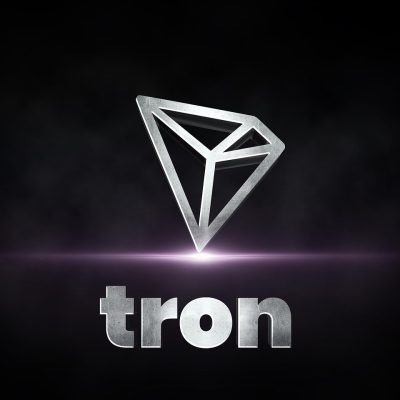Ripple has announced major forthcoming developments in the programmability of the XRP Ledger, targeting early 2025 as a pivotal moment for the platform. According to a blog post by the Ripple Team on September 2, these enhancements will significantly elevate the utility of the ledger through the integration of smart contracts and expanded developer tools, marking a “significant year for programmability.”
Ripple Develops Native Smart Contracts
The initiative to expand programmability on the XRP Ledger entails two major advancements, beginning with the introduction of native smart contract capabilities directly on the XRP Ledger Mainnet. This capability, still in its research phase, represents a foundational shift in the ledger’s architecture, aiming to enable developers to implement smart contracts that can execute automatically without central oversight.
Simultaneously, Ripple is nearing the deployment of the XRPL EVM Sidechain in collaboration with Peersyst Technology. The XRPL EVM Sidechain is expected to go live on the devnet soon, promising a significant acceleration of programmability features in early 2025. “This sidechain will bring Ethereum Virtual Machine (EVM) compatibility to the XRP community, allowing developers to employ familiar tools and programming languages, thereby broadening the XRP Ledger’s appeal to a global developer community,” Ripple states.
The XRPL EVM Sidechain is designed to be a game-changer, incorporating Axelar as the bridge to facilitate seamless transactions between it, the XRP Ledger, and over 55 other blockchains. This architecture not only broadens the usability of XRP but also enhances its functionality across multiple platforms. Wrapped XRP (eXRP) will serve as the native asset and gas token within the sidechain, ensuring transactions are both secure and efficient.
The native smart contract functionality on the XRP Ledger Mainnet is underpinned by the ledger’s inherent features such as Escrows, NFTs, authorized trustlines, payment channels, and the decentralized exchange (DEX) and Automated Market Maker (AMM). “This growing suite of layer-1 enhancements are designed to optimize the pace of innovation and facilitate widespread adoption among developers,” the blog post reads.
Despite the promise of enhanced flexibility and capability, the amendment process of the XRP Ledger, which is necessary for implementing new layer-1 features, will remain the same, ensuring that updates are secure and beneficial across the community. However, “the upcoming smart contract functionality will offer additional flexibility for these developers by enabling permissionless development in a way that complements the functionality of amendments.”
Overall, Ripple emphasizes its commitment to accelerate the momentum “further in early 2025.” Both, the native smart contract capabilities as well as the EVM sidechain will “address the common needs of institutional DeFi users and developers, while empowering them to tailor solutions to their specific business or dApp requirements,” Ripple remarks and adds that “Ripple and the broader XRP community are committed to nurturing a platform that not only advances in technology but also empowers developers and businesses to create revolutionary applications.”
Via X, Ripple CEO Brad Garlinghouse emphasized the strategic importance of these developments: “With new programmability in the works for the XRP Ledger (something the XRP community has rightly been asking for) and the growing opportunity for Ripple’s enterprise products to serve crypto-native customers – the foundations of crypto infrastructure serving real-world use cases are steadily becoming more robust by the day.”
At press time, XRP traded at $0.5668.

Featured image created with DALL.E, chart from TradingView.com





